20 English Classics to Enrich Your Literary Journey: In a world inundated with countless new books being published every year, the timeless allure of English classics beckons us to embark on a transformative journey through the annals of literary greatness. These literary treasures, carefully crafted by the masterful pens of revered authors, possess an enduring charm that resonates across generations and leaves an indelible mark on our souls.
While contemporary authors contribute immensely to the literary landscape, classics possess a unique power to transcend temporal boundaries. They have stood the test of time, capturing the essence of the human condition with unparalleled eloquence. Why would they still be as popular, if not more, if they did not? By immersing ourselves in the classics, we partake in a dialogue with the past, engaging in a profound exchange of ideas that enriches our present and shapes our future.
In an era of rapid literary production [millions published just last year, according to UNESCO], let us not overlook the treasures that have paved the way for the literary heritage we enjoy today. Reading English classics can help us embark on a literary pilgrimage, awakening our minds, igniting our imaginations, and enriching our lives in ways that only timeless works of art can achieve.
Now, when it comes to defining an English classic, it’s important to note that everyone’s definition may vary slightly. English classics are known for their masterful storytelling, well-developed characters, and their ability to transport readers into different worlds. They may showcase rich descriptions, intricate plots, and thought-provoking narratives that leave a lasting impact on the reader’s mind. In this context, an English classic refers to a fictional book originally written in English that has achieved enduring popularity and cultural significance.
Let’s take a look at the top twenty classics that everyone should read once in their lifetime.
- 20. To Kill a Mockingbird by Harper Lee
- 19. Pride and Prejudice by Jane Austen
- 18. 1984 by George Orwell
- 17. The Great Gatsby by F. Scott Fitzgerald
- 16. The Catcher in The Rye by J.D. Salinger
- 15. Lord of the Flies by William Golding
- 14. Little Women by Louisa May Alcott
- 13. The Bell Jar by Sylvia Plath
- 12. The Hobbit by J.R.R Tolkien
- 11. Great Expectations by Charles Dickens
- 10. Oliver Twist by Charles Dickens
- 9. Around the World in 80 Days by Jules Verne
- 8. The Strange Case of Dr. Jekyll and Mr. Hyde by Robert L. Stevenson
- 7. The Lion, The Witch and The Wardrobe by C.S. Lewis
- 6. Catch 22 by Joseph Heller
- 5. Alice’s Adventures in Wonderland by Lewis Caroll
- 4. Charlie and The Chocolate Factory by Roald Dahl
- 3. Call of the Wild by Jack London
- 2. Hitchhiker’s Guide to the Galaxy by Douglas Adams
- 1. Hound of the Baskervilles by Sir Arthur Conan Doyle
20. To Kill a Mockingbird by Harper Lee
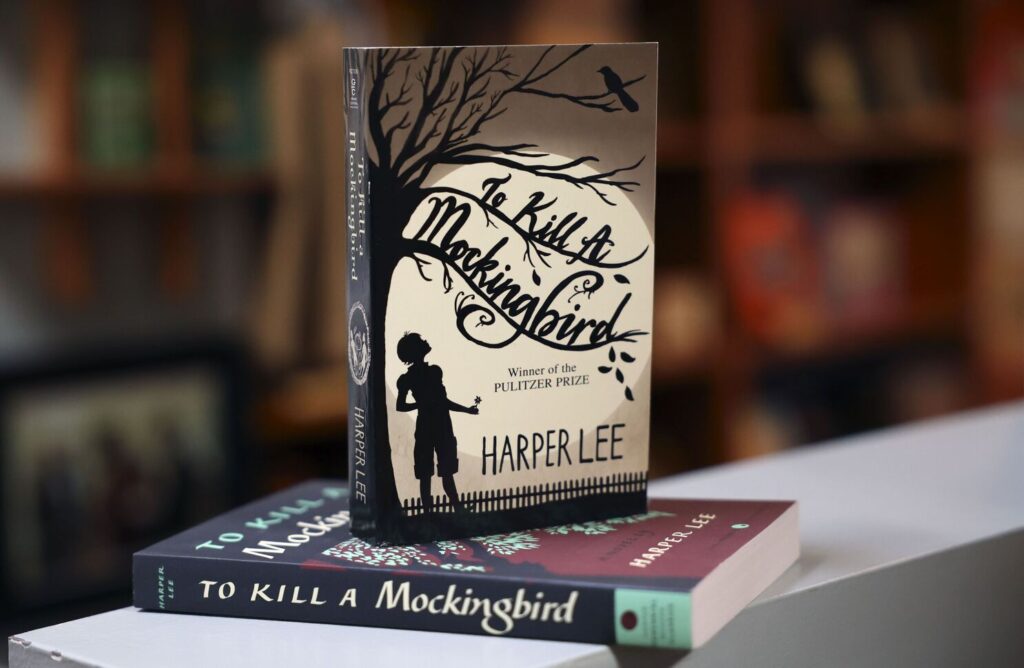
A Pulitzer Prize-winning novel that has garnered critical acclaim and widespread recognition for its powerful exploration of racial injustice in the Deep South during the 1930s, this novel is set in the fictional town of Maycomb, Alabama. The story is narrated by Scout Finch, a young girl who observes the racial prejudices and societal divisions surrounding her father’s defence of a black man accused of rape. Through Scout’s innocent perspective, the book delves into themes of racism, empathy, and the loss of innocence.
To Kill a Mockingbird is considered a classic due to its compelling narrative, memorable characters, and its profound examination of moral courage and the consequences of prejudice. Upon its release in 1960, the book achieved immediate success, resonating with readers and critics alike. It continues to be relevant today, as its exploration of racial inequality and the importance of empathy remains pertinent in our society. The novel challenges readers to confront their own biases and serves as a powerful reminder of the enduring struggle for justice and equality.
19. Pride and Prejudice by Jane Austen
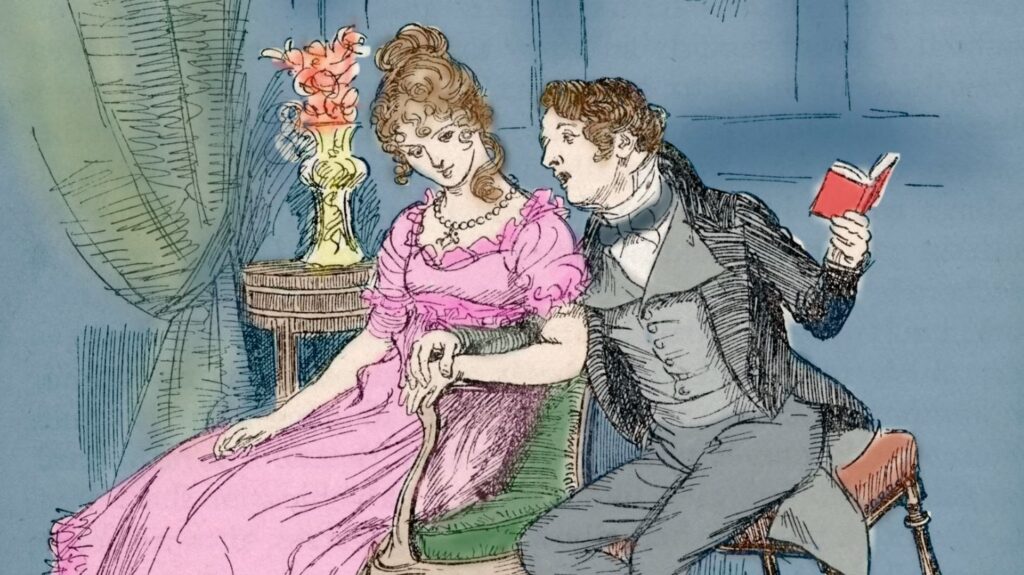
A beloved English classic that has stood the test of time, this novel is set in early 19th-century England. The book follows the spirited protagonist, Elizabeth Bennet, as she navigates the intricacies of love, societal expectations, and personal growth. The story unfolds against the backdrop of a society obsessed with marriage, where Elizabeth’s initial prejudices towards the wealthy and characteristically aloof Mr Darcy slowly transform into a deep and lasting affection.
Pride and Prejudice sheds light on Austen’s brilliant wit, insightful social commentary, and skilful portrayal of complex characters. The novel received moderate success upon its initial release in 1813 but has since gained immense popularity for its enduring themes of love, societal conventions, and the exploration of personal values. Its movie adaptations are widely talked about in Austen fan circles because, at the core of it, the story sheds light on the enduring struggles and expectations faced by individuals in society. Furthermore, Austen’s keen observations of human nature and her timeless depiction of romance continue to captivate readers, making it a classic that resonates across generations.
18. 1984 by George Orwell

A dystopian novel that is renowned for its chilling portrayal of a totalitarian society, this English classic is set in a futuristic world where individuality is suppressed and Big Brother watches everyone’s every move. It follows Winston Smith as he rebels against the oppressive regime of the Party. As he navigates love, loyalty, and the quest for truth, the novel explores themes of surveillance, manipulation, and the erosion of personal freedom.
1984 remains highly relevant today due to its chilling depiction of the abuse of power, government surveillance, and the manipulation of the truth. Upon its release in 1949, the book was met with both critical acclaim and commercial success, resonating with readers who were concerned about the rise of totalitarian regimes and the threat to individual liberties. Its portrayal of a society where truth is malleable and dissent is crushed continues to resonate as we grapple with issues of privacy, media manipulation, and the impact of technology on our lives. It serves as a powerful reminder of the importance of safeguarding individual rights and preserving the freedom of thought and expression.
17. The Great Gatsby by F. Scott Fitzgerald
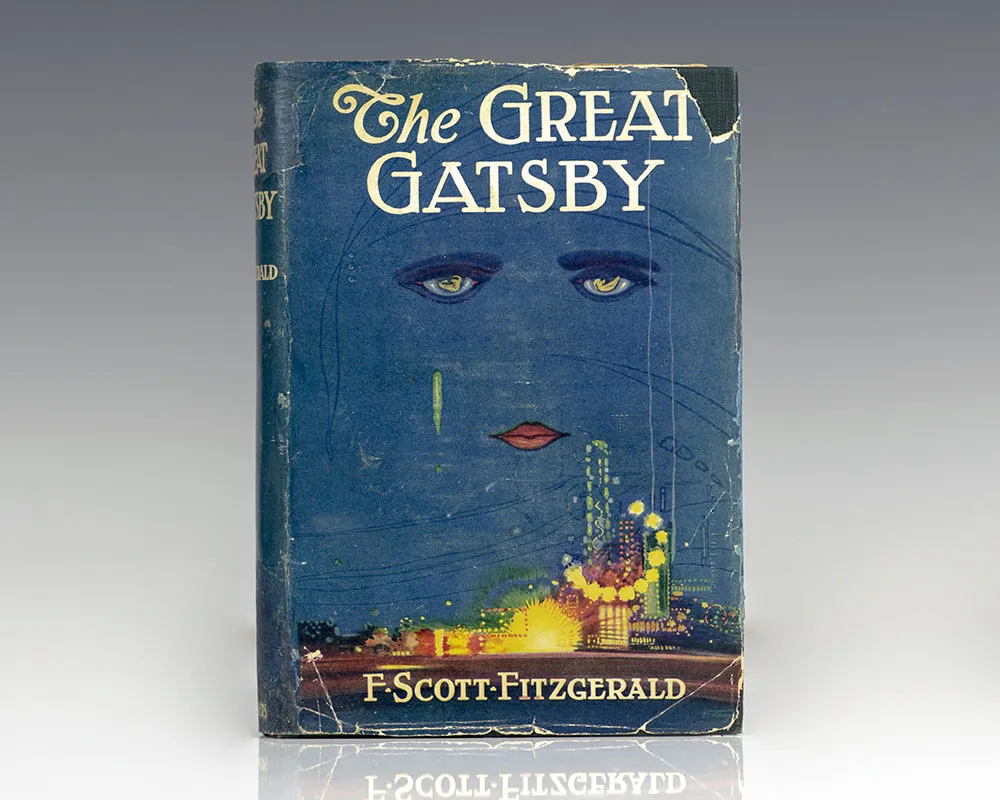
A timeless American classic that has garnered critical acclaim and is celebrated for its exquisite prose, this novel transports us to the Roaring Twenties. It unveils the story of Jay Gatsby, a mysterious millionaire, and his pursuit of the beautiful and unattainable Daisy Buchanan. Through the eyes of narrator Nick Carraway, the novel delves into themes of love, wealth, the illusion of the American Dream, and the corrupting influence of materialism.
The Great Gatsby presents a scathing critique of the excesses and shallowness of the Jazz Age, revealing the emptiness that lies beneath the glittering facade of wealth and privilege. While it received mixed reviews upon its release, the novel has gained recognition as a classic due to Fitzgerald’s masterful storytelling, vivid characterizations, and ability to capture the essence of an era. Today, the novel serves as a cautionary tale about the hollowness of material pursuits, the complexities of love and desire, and the fragility of the human spirit. It has also been adapted into several popular movies, including Baz Luhrmann’s The Great Gatsby (2013) featuring Leonardo DiCaprio.
Also, Read: Rekindling the Magic: In Defence of Re-Reading Old Favorites
16. The Catcher in The Rye by J.D. Salinger
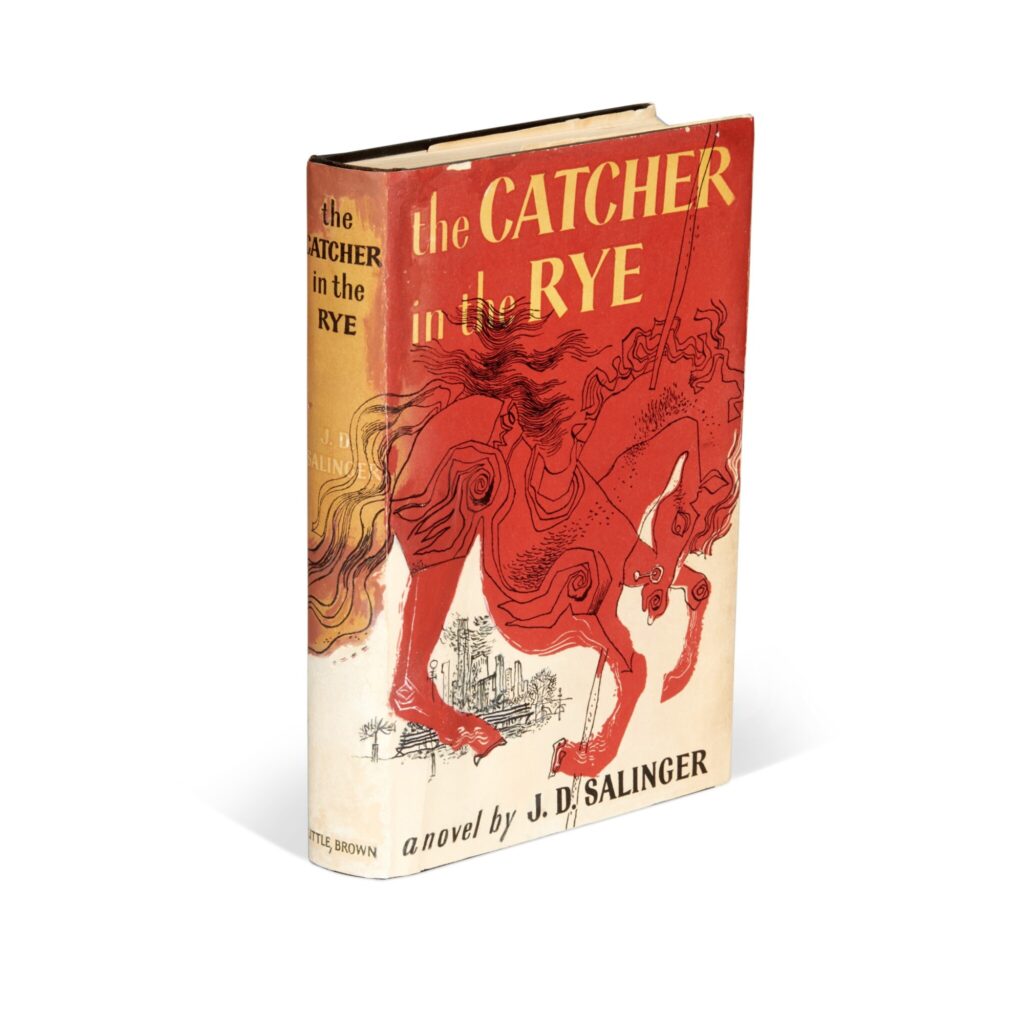
A critically acclaimed novel that has become a cultural phenomenon, this book has sold over 65 million copies worldwide and continues to resonate with readers of all generations. It follows the angsty and disillusioned teenager, Holden Caulfield, as he navigates the complexities of adolescence and struggles with the phoniness of the adult world. The novel offers a raw and introspective exploration of alienation, identity, and the loss of innocence.
The Catcher in the Rye is considered a classic due to its authentic voice, its groundbreaking narrative style, and its ability to capture the disillusionment and vulnerability of youth. Since its release in 1951, the novel gained popularity and has since become an influential work of literature. It remains relevant as it tackles issues such as societal expectations, the search for authenticity, and the struggles of mental health. It prompts readers to question the superficiality of modern society, to empathize with the challenges faced by young individuals, and to reflect on the universal themes of alienation and the quest for meaning.
15. Lord of the Flies by William Golding
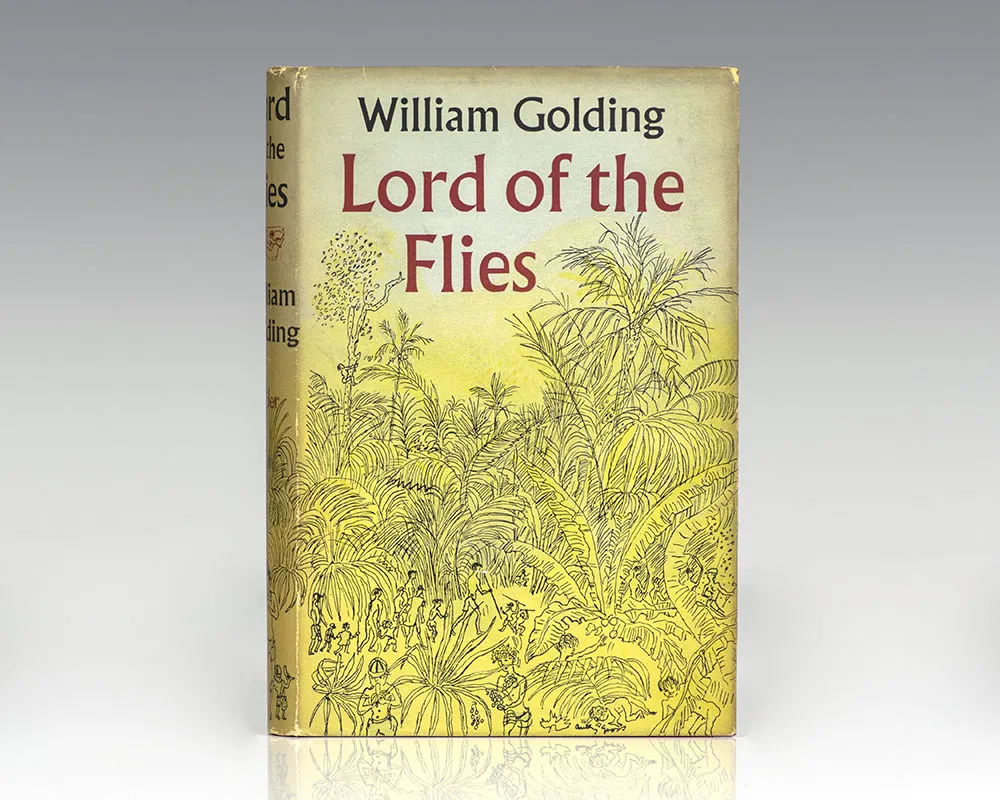
A classic English novel that delves into the dark depths of human nature, this book won Golding the prestigious Nobel Prize in Literature in 1983, recognizing its profound impact on the literary world. In the novel, a group of young boys find themselves stranded on a deserted island after a plane crash. As they attempt to establish order and survive, their civilized behavior gradually erodes, giving way to primal instincts and the emergence of a brutal power struggle.
Lord of the Flies is considered a classic for its allegorical nature, vivid characterizations, and thought-provoking examination of civilization, savagery, and the loss of innocence. It remains relevant as it forces readers to confront the dark forces that lie within society and individuals and raises pertinent questions about the fragile nature of civilization, the consequences of unchecked power, and the complexities of morality. The book serves as a cautionary tale, reminding us of the need for empathy, cooperation, and the preservation of ethical values in the face of adversity.
14. Little Women by Louisa May Alcott
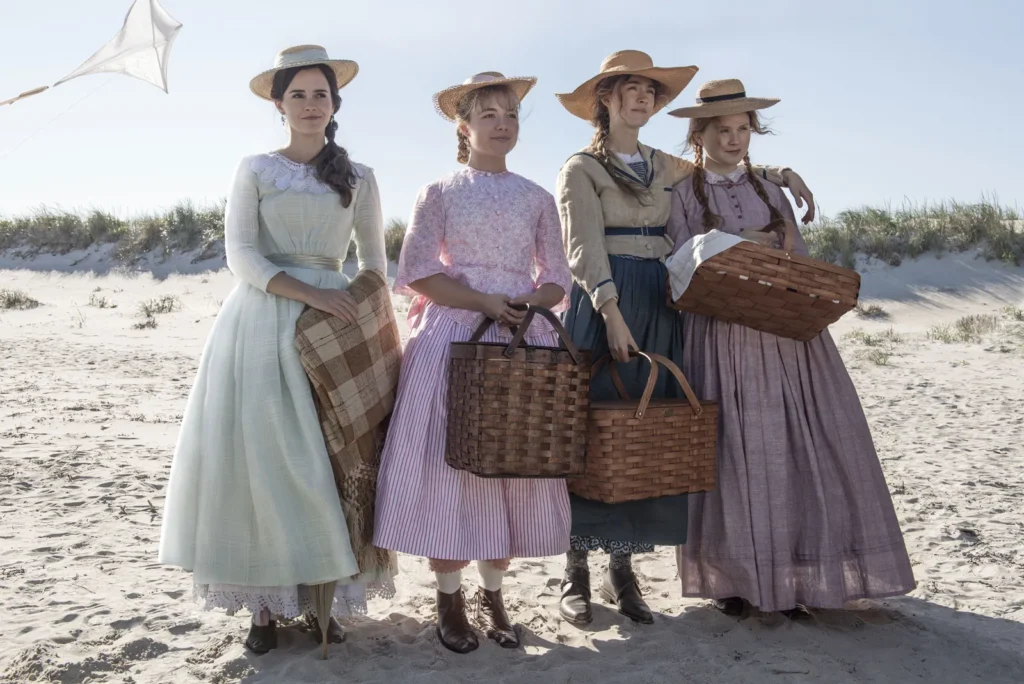
A beloved English classic that has won several major awards, including the prestigious Newbery Medal for excellence in children’s literature, this book was adapted for the 7th time into a film, Little Women (2019), by Greta Gerwig. It follows the lives of the four March sisters – Meg, Jo, Beth, and Amy – as they navigate the challenges and joys of growing up during the Civil War era. The novel explores themes of sisterhood, love, independence, and the pursuit of personal dreams.
Little Women continues to captivate readers today due to its timeless themes, memorable characters, and Alcott’s remarkable storytelling. The book was well-received upon its release in 1868 and has since become a cherished classic, celebrated for its portrayal of strong, independent women and its emphasis on family values and personal growth. It offers valuable insights into the complexities of female identity, the importance of ambition and self-expression, and the enduring bonds of family and sisterhood. Moreover, the novel’s emphasis on resilience, empathy, and the pursuit of happiness resonates with contemporary audiences, making it a timeless and enduring work of literature.
Also, Read: Greta Gerwig’s Little Women (2019) Triumphs Over the Problems of her First Film
13. The Bell Jar by Sylvia Plath

This is a powerful semi-autobiographical novel that follows Esther Greenwood, a young woman in the 1950s, as she navigates her descent into mental illness and grapples with societal expectations, personal identity, and the oppressive constraints placed upon women. The novel delves into themes of mental health, gender roles, and the search for authentic self-expression.
The Bell Jar is considered an English classic for its poetic prose, vivid characterizations, and its unflinching exploration of the female experience. It remains relevant as it sheds light on the ongoing issues of mental health stigma, gender inequality, and the complexities of personal identity. It serves as a reminder of the importance of compassion, self-acceptance, and the need for societal support in addressing mental health challenges. The novel’s honest portrayal of human struggles and the quest for self-discovery continues to resonate with readers across time.
Also, read: 20 Must-Read Short Books Under 250 Pages: A Quick and Compelling Read!
12. The Hobbit by J.R.R Tolkien
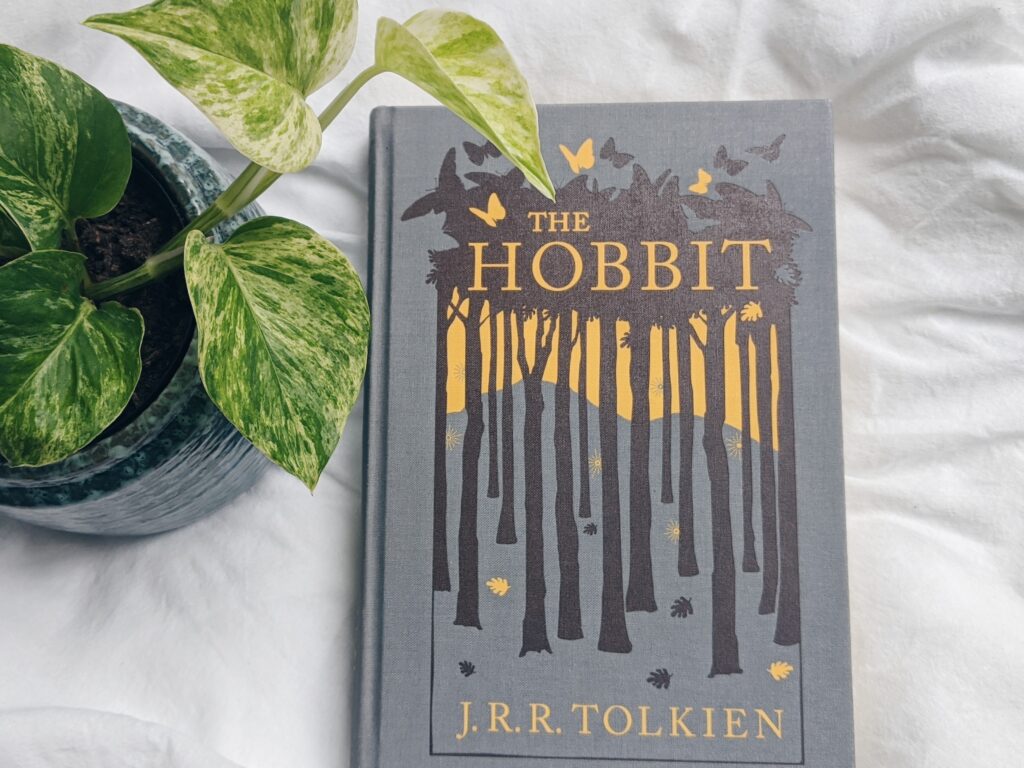
A beloved fantasy novel that has captivated readers of all ages, this book won the New York Herald Tribune Children’s Spring Book Festival Award in 1938, highlighting its early recognition and popularity. It delves into an epic adventure with Bilbo Baggins, a hobbit who is reluctantly swept into a quest to reclaim the dwarves’ homeland from the fearsome dragon Smaug. Along the way, Bilbo encounters magical creatures, faces perilous challenges, and discovers his own courage and resourcefulness. The book is considered a cornerstone of fantasy literature, renowned for its intricate world-building, memorable characters, and Tolkien’s masterful storytelling.
The Hobbit remains relevant as it explores themes of bravery, friendship, and the power of the individual in the face of adversity. It reminds us of the importance of courage, loyalty, and the ability to overcome challenges. Further, the book’s emphasis on the value of a home and the preservation of nature resonates with contemporary concerns about environmental stewardship and the significance of community.
11. Great Expectations by Charles Dickens
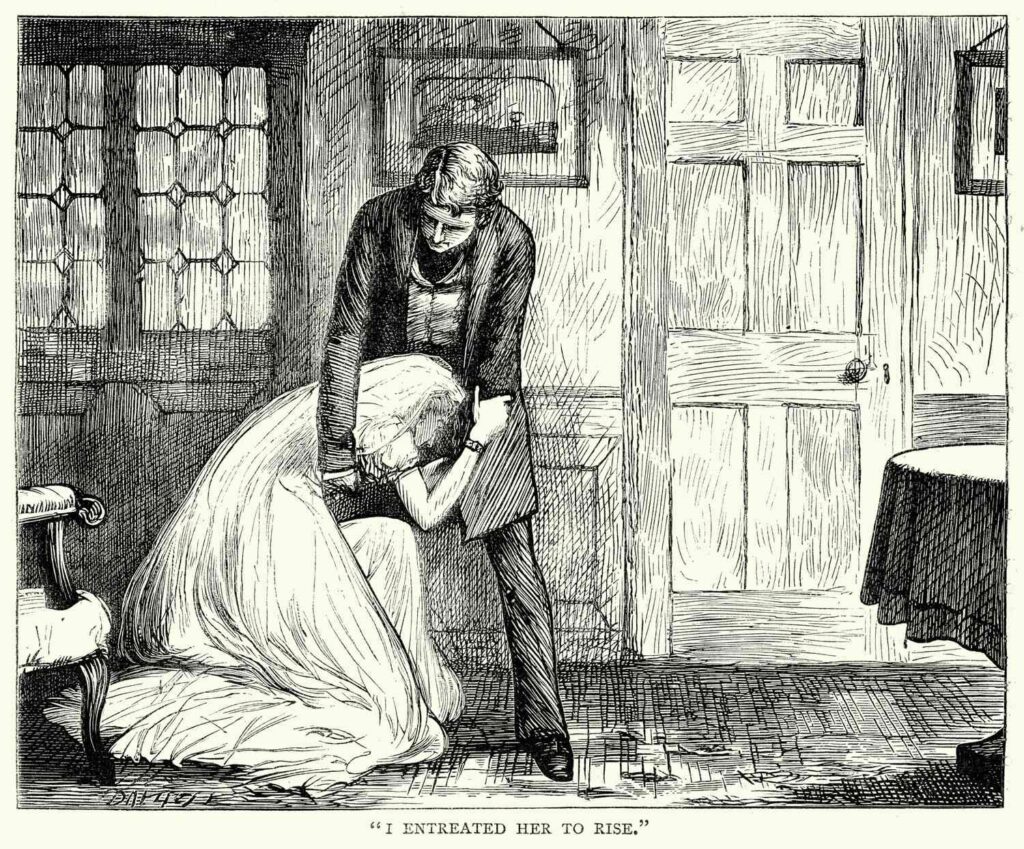
An English literary masterpiece, this book has consistently been recognized as one of Dickens’ most influential works and a quintessential piece of Victorian literature. It follows the journey of Pip, an orphaned boy, as he navigates the intricacies of social class, love, and personal growth. The novel explores the themes of ambition, identity, and the consequences of unchecked desires. It offers profound insights into human nature and societal constructs. The book was well-received upon its initial serialisation in 1860-1861, and it has since gained recognition for its rich character development, vivid settings, and Dickens’ masterful storytelling.
Great Expectations examines the themes of social mobility, personal aspirations, and the corrupting influence of wealth and ambition. It prompts readers to reflect on the complexities of human relationships, the pursuit of happiness, and the moral choices we make. The novel’s exploration of class divisions, morality, and the quest for self-discovery resonates with contemporary audiences alike, making it a compelling and enduring work of literature.
10. Oliver Twist by Charles Dickens
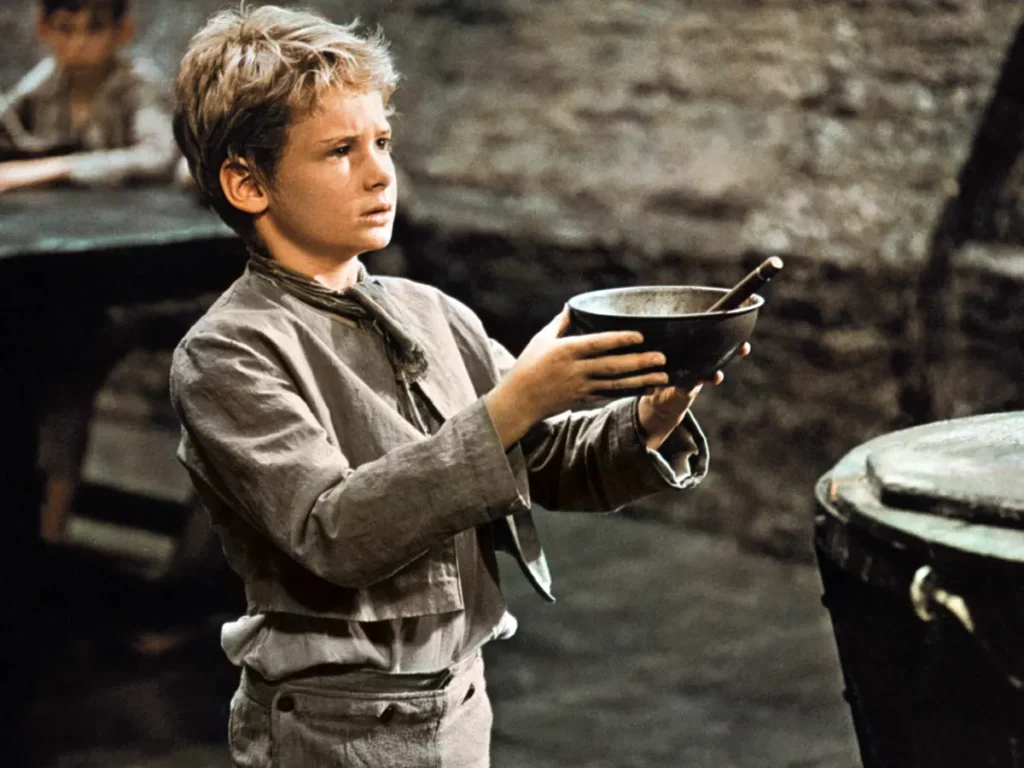
A renowned classic that has left an indelible mark on literature, this novel tells the story of an orphan boy named Oliver who endures hardships and encounters a colourful cast of characters in Victorian London, including the infamous villain Fagin and the kind-hearted Nancy. The novel explores themes of poverty, social injustice, and the struggle between good and evil. The book was received with both praise and controversy upon its release, as Dickens exposed the harsh realities faced by the poor and criticised the workhouse system.
The vivid descriptions, memorable characters, and compelling narrative of Oliver Twist have cemented its status as a classic work of literature. It serves as a reminder of the importance of compassion, empathy, and the fight for social change. The novel’s exploration of societal divisions and the struggle for a better life resonates with contemporary discussions on inequality and the need for equal opportunities. It continues to inspire readers to question societal norms and advocate for a more just and compassionate world.
9. Around the World in 80 Days by Jules Verne
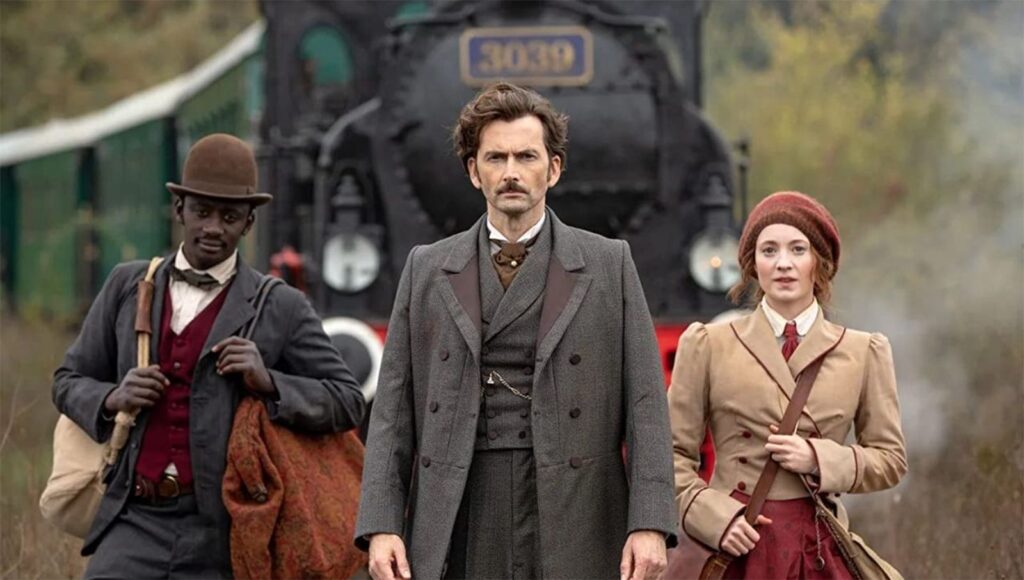
An adventurous English classic that has captured the imaginations of readers worldwide, this follows the eccentric English gentleman Phileas Fogg as he embarks on a daring journey to circumnavigate the globe in just 80 days. Accompanied by his loyal French valet, Passepartout, Fogg encounters thrilling adventures and unexpected obstacles along the way. The book showcases Verne’s imaginative storytelling and offers a glimpse into different cultures and landscapes. The book was well-received upon its publication in 1873, captivating readers with its adventurous spirit and the race against time.
Around the World in 80 Days is considered a classic for its engaging plot, vibrant characters, and Verne’s meticulous attention to detail. It reminds us of the interconnectedness of our global community and the importance of embracing different perspectives. Additionally, the book’s underlying themes of perseverance, determination, and the willingness to step outside one’s comfort zone continue to resonate with readers, inspiring them to pursue their own aspirations and embark on their journeys of discovery.
8. The Strange Case of Dr. Jekyll and Mr. Hyde by Robert L. Stevenson
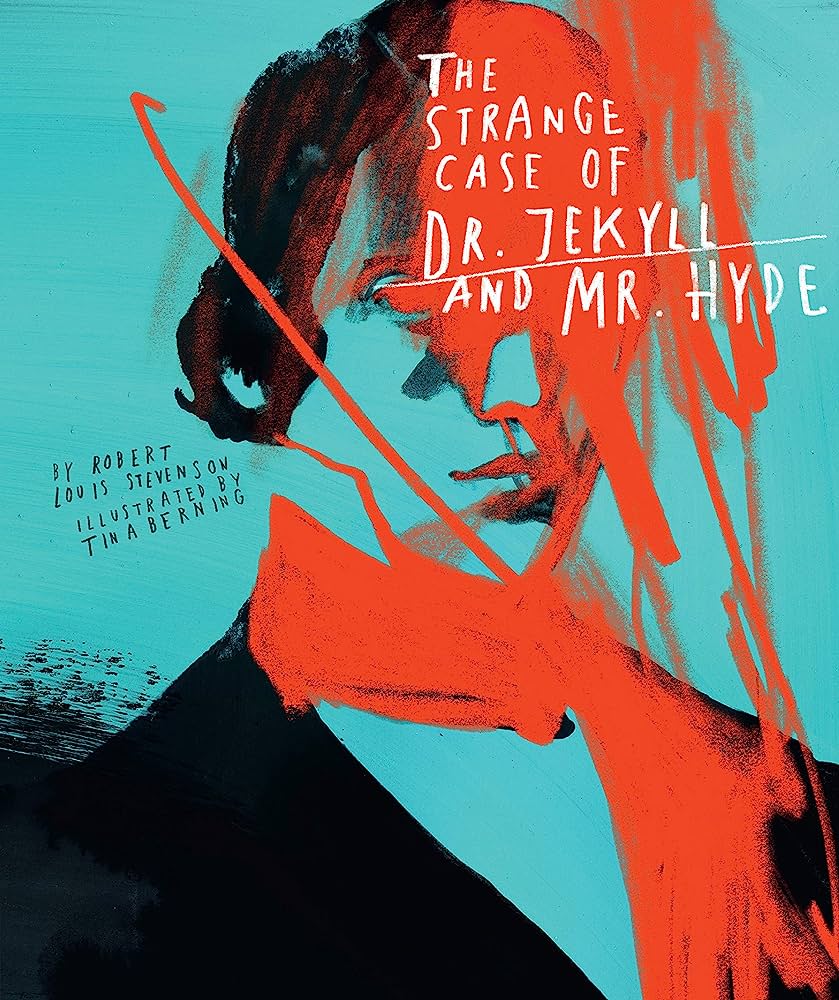
This is a gripping novella that delves into the dark recesses of the human psyche and follows the respected Dr Jekyll, who develops a potion that unleashes his sinister alter ego, Mr Hyde. As Jekyll struggles to control his dark side, the story unravels the consequences of duality and the battle between good and evil. The book was initially published in 1886 and achieved immediate success, captivating readers with its chilling portrayal of the dual nature of humanity.
The Strange Case of Dr Jekyll and Mr Hyde examines the duality of human nature and the potential for darkness within each individual, making it highly relevant to date. It prompts readers to contemplate the complexities of morality, the masks we wear, and the consequences of repressed desires. Moreover, the themes of identity and the struggle between our inner selves resonate with contemporary discussions on mental health, self-discovery, and the exploration of one’s authentic identity.
7. The Lion, The Witch and The Wardrobe by C.S. Lewis
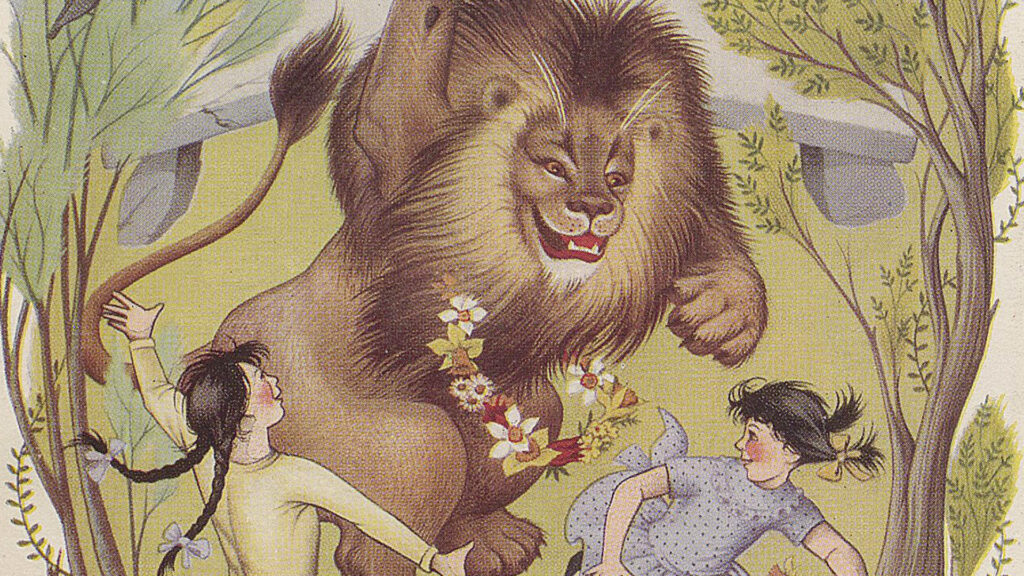
A beloved English fantasy novel that has captivated generations of readers, it won the prestigious Carnegie Medal in 1956, recognizing its outstanding contribution to children’s literature. It transports readers to the magical land of Narnia, where four siblings discover a wardrobe that serves as a gateway to an enchanting world. They embark on a quest to free Narnia from the clutches of the White Witch with the help of Aslan, the wise and noble lion.
Its enduring appeal lies in its ability to transport readers to a world of wonder and inspire them to reflect on courage, sacrifice, and the battle between good and evil. It encourages readers to embrace their inner strength, stand up against injustice, and find hope even in the darkest of times. Additionally, the story’s exploration of different dimensions and the boundaries between reality and fantasy continues to spark the imagination and ignite a sense of wonder in readers of all ages. The American film series, Chronicles of Naria, based on the series of novels by Lewis remains one of the most popular films for children produced by Walt Disney to date.
6. Catch 22 by Joseph Heller

A satirical English novel known for its dark humour and unique narrative structure, it introduced the phrase – catch-22 – into the English language as a term to describe a no-win situation. It is set during World War II and follows the experiences of Captain John Yossarian, an American bombardier. The book explores the absurdities and contradictions of war, bureaucracy, and the human condition through a series of interconnected episodes.
Catch 22 is a literary masterpiece that challenges conventional notions of authority, war, and sanity. When it was released in 1961, the novel initially received mixed reviews but gained popularity and critical acclaim over time. It was lauded for its innovative narrative structure, dark humour, and biting critique of bureaucracy. It offers a satirical commentary on the paradoxes and contradictions of modern life, shedding light on the human tendency to create systems that perpetuate their own illogicality. The examination of the individual’s struggle against institutions and the farcical nature of war resonates with contemporary discussions on the nature of power, the erosion of truth, and the dehumanising effects of bureaucracy.
5. Alice’s Adventures in Wonderland by Lewis Caroll
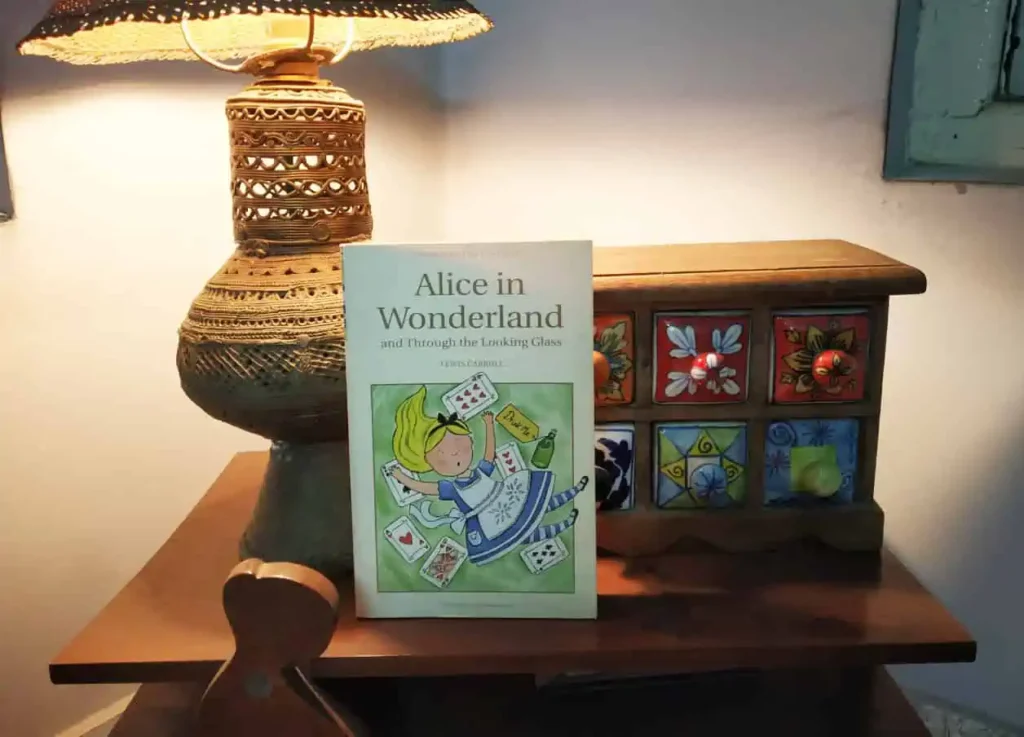
A whimsical and imaginative tale that has enchanted readers for generations, this book follows the adventures of young Alice as she falls down a rabbit hole into a fantastical world filled with peculiar characters and nonsensical situations. She encounters the Mad Hatter, the Cheshire Cat, and the Queen of Hearts, among others, in a series of whimsical encounters. It offers a delightful escape into a realm of imagination and wordplay. Its clever wordplay, imaginative settings, and eccentric characters have made it a beloved English classic of children’s literature.
The book remains relevant as it challenges the constraints of logic and reality, inviting readers to question social norms and embrace the wonders of imagination. It encourages us to view the world through a different lens and to question the absurdities and conventions of everyday life. Additionally, the themes of identity, self-discovery, and the pursuit of curiosity resonate with readers of all ages, making Alice’s Adventures in Wonderland a timeless and enchanting read.
Also, Read: A Journey Through 7 Timeless Children’s Book Authors and Their Lasting Legacy
4. Charlie and The Chocolate Factory by Roald Dahl
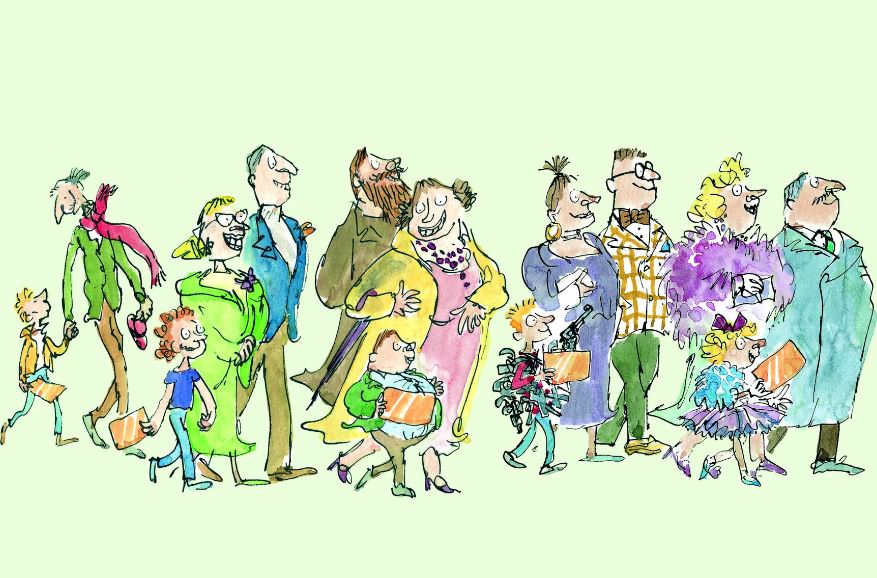
A delightful children’s book that has captured the hearts of readers worldwide, it has been adapted into two successful film adaptations, one in 1971 and another in 2005. It tells the story of Charlie Bucket, a young boy from a modest background who wins a golden ticket to visit the mysterious chocolate factory of Willy Wonka. Inside the factory, Charlie and four other children encounter whimsical inventions, magical treats, and moral lessons. When it was published in 1964, the book received critical acclaim and quickly became a beloved favourite among children and adults. It was praised for its witty storytelling, vivid characters, and Dahl’s signature blend of humour and whimsy.
Charlie and The Chocolate Factory is a timeless classic that sparks imagination and celebrates the power of imagination and virtue. It explores themes of morality, greed, and the importance of kindness. It encourages readers to embrace their imagination, appreciates the wonders of the world, and value integrity over materialism. The book’s emphasis on inclusivity and celebrating the underdog resonates with contemporary discussions on empathy, diversity, and social values.
3. Call of the Wild by Jack London
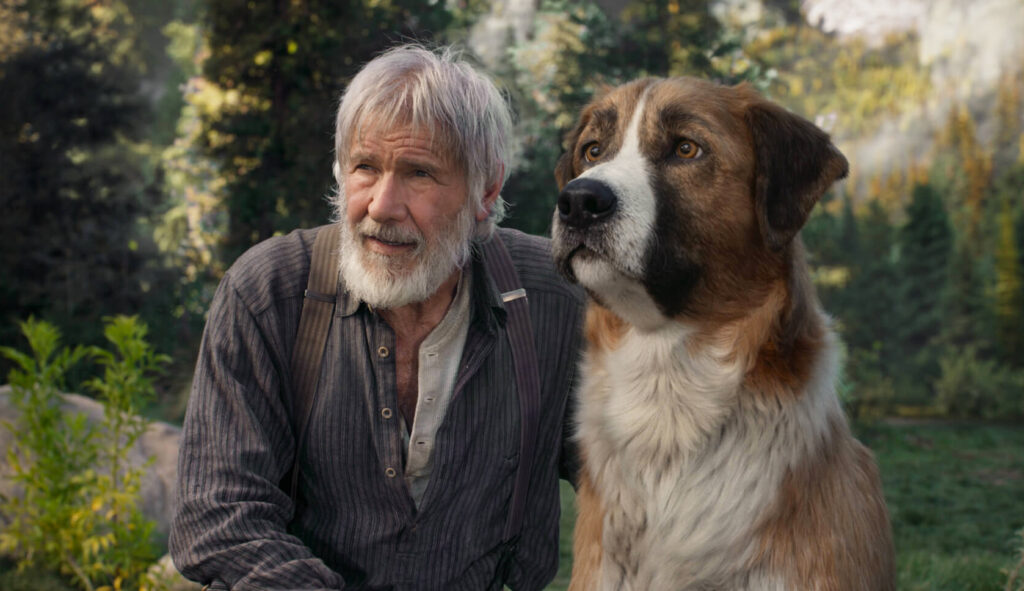
A classic adventure novel known for its depiction of the Klondike Gold Rush, it follows the story of Buck, a domesticated dog who is stolen and sold as a sledge dog in the harsh wilderness of the Yukon. Buck faces a series of challenges and learns to tap into his primal instincts as he adapts to the brutal conditions and encounters both cruelty and kindness. It is a gripping tale of survival, loyalty, and the innate wildness within us all. When it was first published in 1903, the book received widespread acclaim and became an instant bestseller. It captivated readers with its vivid portrayal of the natural world and the inner struggle between civilization and instinct.
Call of the Wild explores the primal nature of humanity and the transformative power of adversity. It prompts reflection on our relationship with the natural world and the importance of reconnecting with our instincts. Additionally, the themes of resilience, determination, and the pursuit of freedom resonate with contemporary audiences, making it a timeless and thought-provoking read.
2. Hitchhiker’s Guide to the Galaxy by Douglas Adams
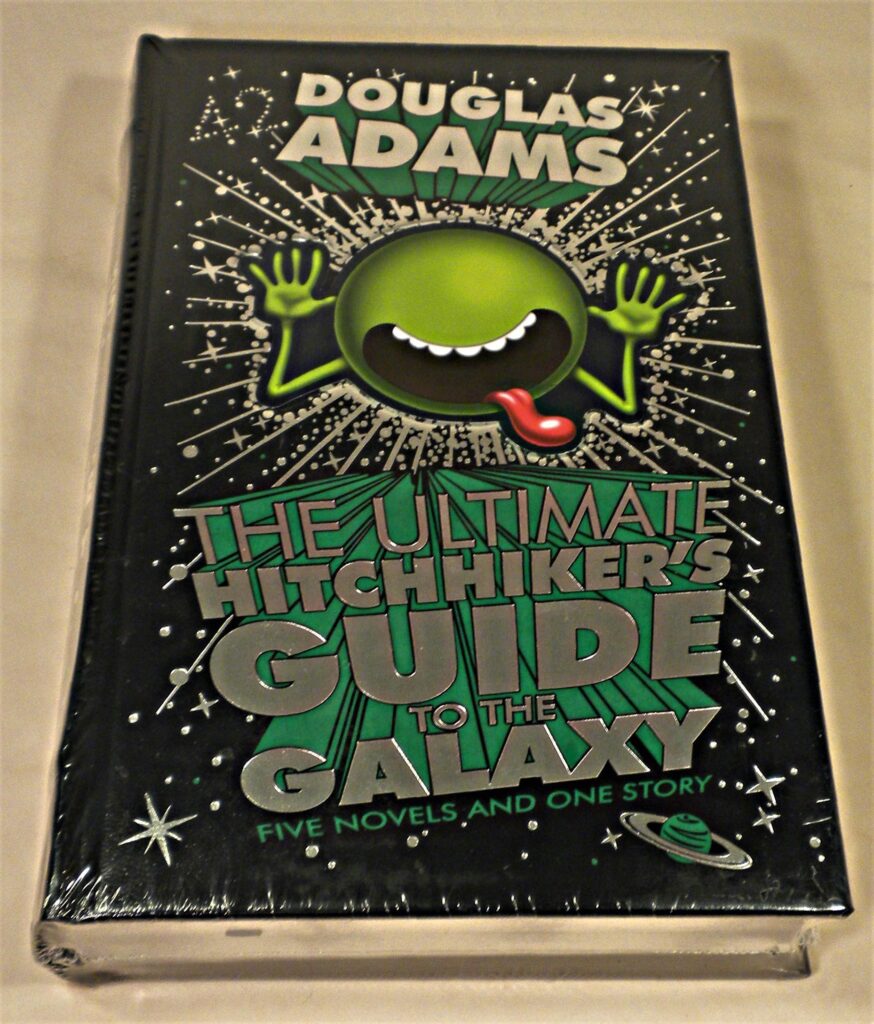
A humorous science fiction novel, this book originated as a radio comedy broadcast before being adapted into a book series. It follows the misadventures of Arthur Dent, a regular human who is swept off Earth just before its destruction to make way for a hyperspace bypass. With the help of his alien friend Ford Prefect and a guidebook called The Hitchhiker’s Guide to the Galaxy, Arthur embarks on a hilarious and absurd journey through space. A unique blend of wit, satire, and philosophical musings, this is a book that all must read. The book gained a cult following upon its release in 1979 and has since become a classic in the science fiction genre.
Hitchhiker’s Guide to the Galaxy was praised for its sharp humor, imaginative world-building, and insightful commentary on human existence. Its comedic yet thought-provoking narrative invites readers to ponder existential questions while providing a much-needed dose of laughter. It serves as a reminder to not take ourselves too seriously and to embrace the absurdity and uncertainty of the universe.
1. Hound of the Baskervilles by Sir Arthur Conan Doyle
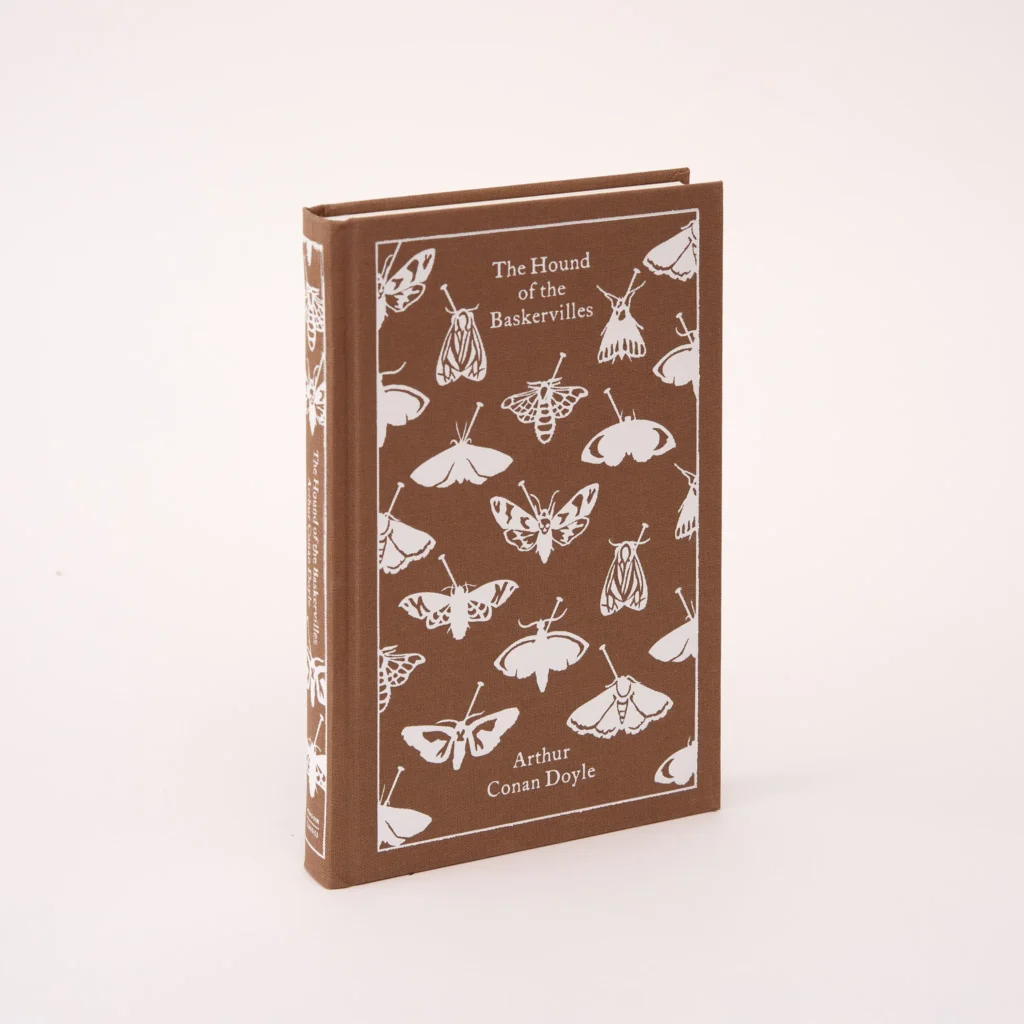
This detective novel is one of the most famous Sherlock Holmes stories and has been adapted into numerous films, TV shows, and stage productions. In it, the famous detective Sherlock Holmes and his loyal companion Dr. Watson investigate the mysterious death of Sir Charles Baskerville, which is rumored to be connected to a curse involving a monstrous hound. They navigate the eerie moors of Dartmoor to uncover the truth behind the supernatural legend. Apart from showcasing the brilliance of Sherlock Holmes as a detective, it introduces the iconic character of Dr. Watson. The book was originally published in 1902 and was an instant success, captivating readers with its suspenseful atmosphere and intricate plot.
As a classic, Hound of the Baskervilles remains relevant in today’s world as a prime example of detective fiction, with its clever deductions, unexpected twists, and atmospheric setting. The enduring popularity of Sherlock Holmes and the timeless appeal of a gripping mystery make it a must-read for fans of crime-solving stories and those interested in experiencing the origins of one of literature’s greatest detectives.


